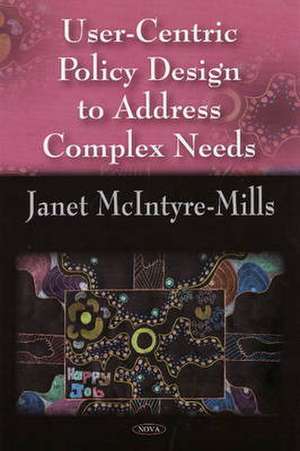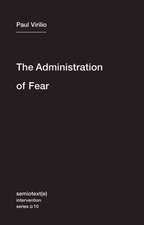User-Centric Policy Design to Address Complex Needs
Editat de Janet McIntyre-Millsen Limba Engleză Hardback – 4 mar 2009
Preț: 562.70 lei
Preț vechi: 757.29 lei
-26% Nou
Puncte Express: 844
Preț estimativ în valută:
107.68€ • 112.80$ • 89.24£
107.68€ • 112.80$ • 89.24£
Carte disponibilă
Livrare economică 19 martie-02 aprilie
Preluare comenzi: 021 569.72.76
Specificații
ISBN-13: 9781604566833
ISBN-10: 1604566833
Pagini: 450
Ilustrații: tables, charts & illus
Dimensiuni: 186 x 262 x 34 mm
Greutate: 1.12 kg
Ediția:New.
Editura: Nova Science Publishers Inc
ISBN-10: 1604566833
Pagini: 450
Ilustrații: tables, charts & illus
Dimensiuni: 186 x 262 x 34 mm
Greutate: 1.12 kg
Ediția:New.
Editura: Nova Science Publishers Inc
Cuprins
Introduction; Aboriginality and democracy; Theory and Process; Social cognition, mapping and guided pathways; Research Context and Process; People as designers; Making choices: bifurcation points and organic analogies; Women's stories of what works, why and how; Men's stories of what works why and how?; Service Providers; Comparison of typologies and relationships identified in gendered narratives; Modelling Pathways Based on Organic Analogies; Analysis and lessons for public policy and integrated governance; Conclusion: The Process is the Message; Index.













